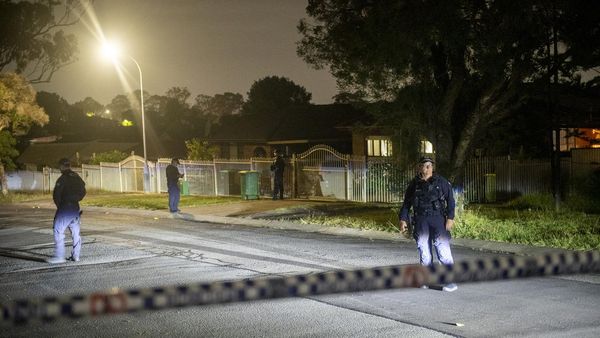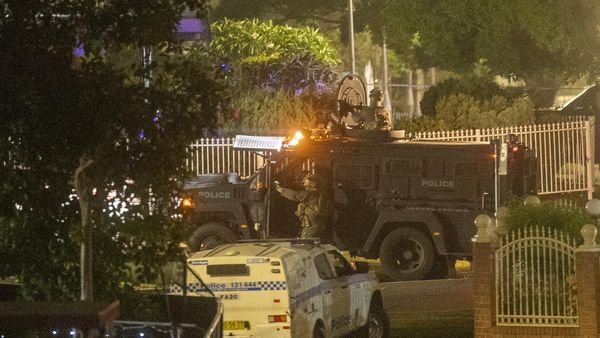
Public support for the stage-three tax cuts continues to fall, with polling showing increased support for scrapping the $243bn plan.
The last stage of the Morrison government tax reform is not legislated to come into effect until July 2024, but a downturn in the economy has put increased pressure on the Labor government to make a decision on whether it will keep the cuts in place.
The Australia Institute’s most recent poll, conducted between 4-7 October, found support for repealing the stage three cuts jumped 7 percentage points from the previous month.
What are the stage-three tax cuts worth?
The cuts are worth $243bn over 10 years.
What would change?
If the stage-three tax cuts are enacted, the $120,000 to $180,000 tax bracket will be removed, and the top tax bracket threshold will increase from $180,000 to $200,000.
The marginal tax rate for those earning between $45,000 and $200,000 will drop to 30%. That's down from 32.5% for those earning $45,000 to $120,000, and down from 37% for those earning $120,000 to $180,000.
When do they come into effect?
The cuts were legislated in 2019 with the support of Labor, and are due to come into effect on 1 July 2024.
Support for repealing the tax cuts now sits at 48%, with those opposed to the move unchanged at 22%. Those who were unsure or didn’t know about the tax cuts had fallen from 37% to 30%.
The Institute asked the same questions in September for what has become a tracking poll of people’s opinions on the cuts as the government has its “honest conversation” with the public about the state of the budget.
The Australia Institute’s executive director, Dr Richard Denniss, said the research showed public opinion evolving as people became better informed about the ramifications of the package.
“The treasurer has a once-in-a-generation opportunity to spend a quarter of a trillion dollars on nation building without going into a cent of debt,” he wrote in the Guardian on Thursday.
“If Jim Chalmers chooses his public investments well, he can drive growth up, the cost of living down, and pay down the government’s debt faster than currently expected.”
The stage-three tax cuts are the final phase of the Morrison government’s three-step plan to reform Australia’s tax system. Stages one and two included raising earning thresholds before the next marginal tax bracket kicked in, and a low and medium income tax offset of up to $1,500 for people earning under $126,000. The offset (originally worth up to $1,080) was a temporary measure extended by the Morrison government to 2022.
The stage three tax cuts abolish the 37% marginal tax bracket, creating a flat tax rate of 32.5% for anyone earning between $45,000 and $200,000. But it is Australia’s highest earners who will benefit the most, with people earning over $180,000 likely to see an almost $10,000 tax break, while someone on $45,000 would only see a $400 cut.
The tax package passed the parliament with the reluctant support of Labor. Labor’s election platform included no changes to the stage three tax cuts and the treasurer Jim Chalmers has repeatedly said the government’s position has not changed.
At the same time, Chalmers has been eyeing off the “storm clouds” gathering in the global economy, which he said no “responsible” government could ignore. Chalmers’ language describing his first budget has also moved with more weight being put on the “tough decisions” the government has to make given rising inflation and global uncertainty.
In his first public comments since debate around the tax cuts reignited last week, Anthony Albanese backed in his treasurer and left open the prospect of amending the tax cuts by making mention of the “increasingly uncertain global economic outlook”.
The opposition has seized on the change in language as one of its first opportunities to land a political blow against the government since the election, claiming Labor was setting the scene to break an election promise. MPs within Labor are also split on the issue of breaking a commitment the party took to the polls.
The Australia Institute poll conducted last month found the majority of Australians valued sound economic management over keeping an election promise.







